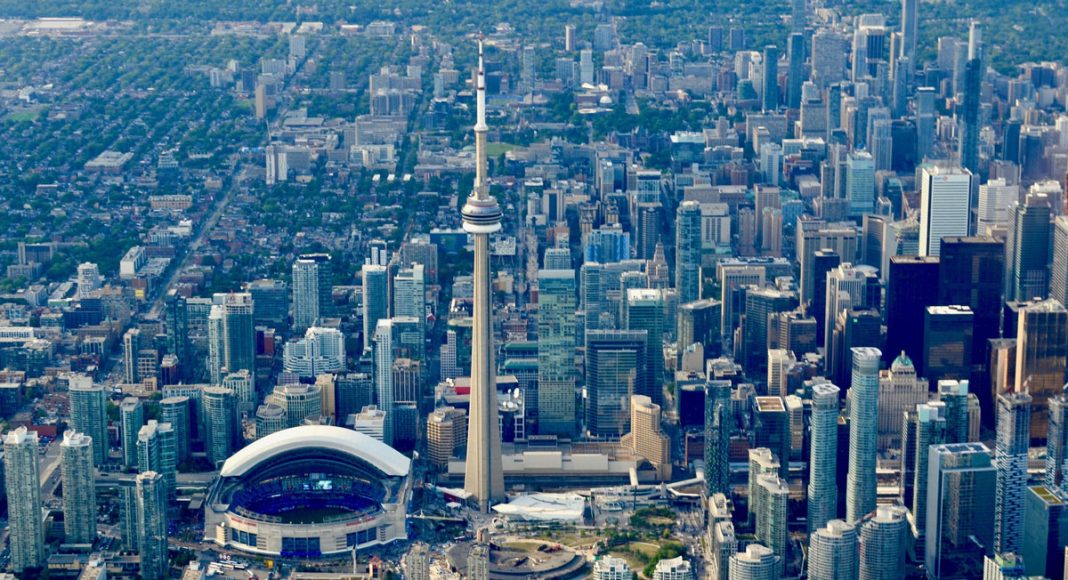Whenever a government legalizes cannabis and attempts to construct a regulated framework their citizens can freely participate in worry-free, what they’re really doing is replacing an unchecked, illegal black market. But those who participate in that ecosystem, even just as consumers, faced criminal charges if caught. That record could bar individuals from employment from an untold number of employers, including the cannabis industry.
But members of parliament in Canada studying the government’s cannabis legislation heard convincing arguments to curtail any such arrangement from people like Trina Fraser, a partner in the law firm Brazeau Seller LLP. Instead Fraser prompted MPs to provide “amnesty provisions” for those with prior cannabis offenses that would allow them admission to the legal market.
“Many of these individuals would embrace the opportunity to operate legally and they would comply with regulations,” Fraser said.
“If we fail to create an inclusive cannabis industry the black market will thrive and if it thrives cannabis will continue to be easily accessible to minors. The public health and safety objective of restricting access to unregulated cannabis products will be compromised and we will continue to place an unnecessary burden on the criminal justice system.”
The current Canadian bill grants the minister of health access to block any applicant who have violated the Controlled Drugs and Substances Act in the past 10 years. That would exclude those convicted of producing, trafficking, or possessing cannabis within that time frame. With regulations still to be determined, those grounds of exclusions could widen.
“The stated objectives of the bill include the reduction of the illicit market, and it attempts to do so by imposing criminal sanctions on those operating outside the legal framework, but this in and of itself will not work. We know this because it hasn’t worked. Those who are excluded will continue to operate outside of the law,” Fraser told the committee.
Instead the committee has examined the approach some of the states in America that have legalized cannabis have taken. Past criminal charges didn’t necessarily exclude some applicants in Washington when the state legalizing in 2012. Instead the Washington State Liquor and Cannabis Board runs background checks on all applicants. Using a discretionary point system, the board then determines if past criminal charges should count against them.
-
Related Story: Good News: Here’s Why Cheap Marijuana Is In Our Future
“What we wanted to do was take those people that had been involved in the business to some degree in the past or they had had a marijuana offence and wanted to get into the system in a regulated, in-the-light situation,” Brian Smith, spokesperson for the Washington State Liquor and Cannabis Board, told CBC.
Colorado did not include such amnesty provisions when it legalized in 2012, though its former marijuana czar Andrew Freedman has stated that excluding such provisions could be wrong when considering the criminal justice component.


